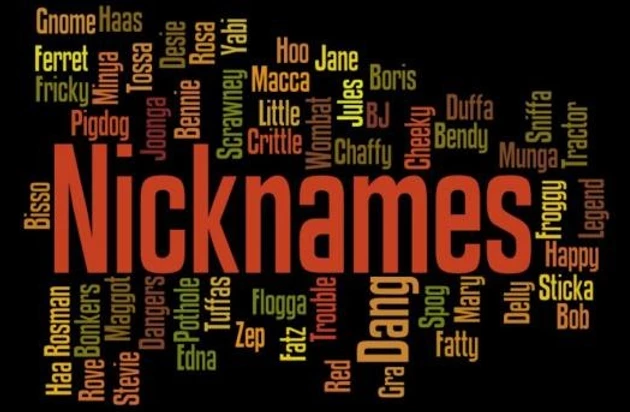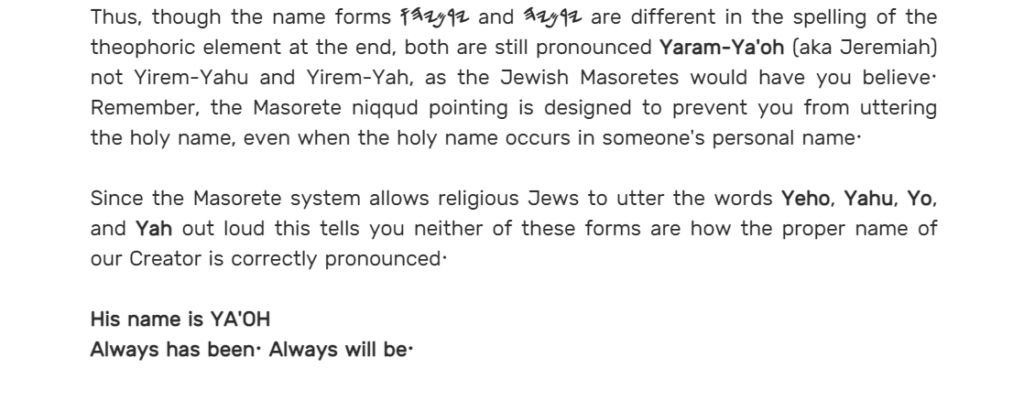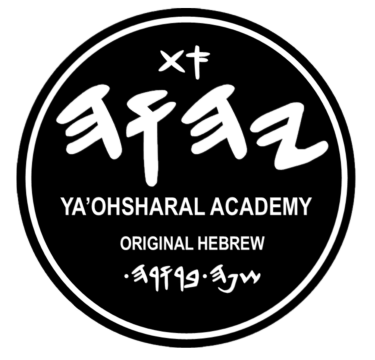
Nicknames are short pet form names abbreviated from real names: e.g. Will from William, Tom from Thomas, Mike from Michael, Steve from Steven, Sam from Samuel, etc. Not one of the gods worshiped in the ancient Near East where our people originated had a nickname. Not one.
For example, you will never find the pagan Assyrian god Ashur’s name shortened to just Ash. Nor will you ever find an example of the pagan god Nabu’s name shortened to just Nab. Nor the pagan god Marduk’s name shortened to just Mar or Mard in its pronunciation. Since this never happens with the names of these false gods, because the people who worshiped them had too much respect for them to treat their names in this nonchalant way, it is absurd to think the ancient Hebrews gave their Deity a pet nickname.
So where does this notion that “yah” is an abbreviated nickname of the Creator come from? It comes from the German scholar named Heinrich Friedrich Wilhelm Gesenius (1786-1842 AD). Gesenius’ Hebrew lexicon states that “yah” is an abbreviation of YHWH. See graphic below.
And just where did Gesenius get this understanding from? He pulled it straight out of his own, ahem, “imagination”. There is not one shred of literary or comparative linguistic evidence that you can muster in support of Gesenius’ view that “yah” is an abbreviation, but his view is the one almost everyone cites today as an established fact for lack of a better alternative. There is a better alternative.
Notice that when spelling the word “yah” in the Hebrew Bible using the Assyrian square script, the Jewish Masorete scribes ALWAYS include a mappik dot within the letter Ha which indicates rough breathing. In other words, in the Masorete system of pronunciation, you hear both the consonants Y and H in this word. The word is not just pronounced Ya with a silent H at the end. The H is heard and this closes the syllable. The class a-vowel in the word is not written but still voiced, i.e. yaH.
You never see the Masoretes place the mappik dot inside the letter Ha whenever someone’s personal name in the bible ends with the letters YH. Why? Because the Masoretes knew this is different. It is not the same as yaH. Keep that in mind.
So what is “yah” and what does it really mean? It only occurs 49 times in 45 different verses of the Hebrew Bible. The first time is at Exodus 15:2 where Mashah (aka Moses) bursts out into a song of praise just after the Red Sea crossing. Out of nowhere he shouts: “yah is my strength and song …”
We can immediately rule out the idea that “yah” is a personal name. It is not a personal name. A personal name is a proper noun. Proper nouns are definite nouns. Yah cannot be considered a definite proper noun because it is never preceded by the accusative particle “ath” which indicates the definite direct object of a verb. So “yah” is not a definite proper noun or name according to the way the grammar works in our language.
“yah” is therefore a title that describes the Creator. It is not the Creator’s proper name nor is it an abbreviation of His proper name.
I repeat: “yah” is a title but only the Creator can use this title. No one else but the Creator can be called “yah” because no one else is “yah” but Him. That’s our first clue as to its meaning.
Another clue is that our language appends the letter Y as a prefix in order to conjugate verbs. Whenever prefixed to a verb stem, the letter Y indicates 3rd person, future tense (number and gender depend on suffixes), i.e.

The past and future verb forms in Ghabarayth are either Perfect (past tense) or Imperfect (future tense). There is no present tense verb form in Biblical Hebrew grammar. We really don’t need to look any further than these two clues in order to deduce and reasonably infer what the title “yah” means. “yah” expresses “futurity” and has the same connotation as the adverb “ad infinitum” (forever).
“yah” is a title that Mashah invented in order to convey how the exclusive owner of the title is an eternal supreme being whose existence is without end. There is only one un-created and eternal supreme being and this is why no one else is ever addressed by the title “yah” except YA’OH Himself.
Yashai-Ya’oh (Isaiah) 12:2
hanah al yasho-ai-thay abtakh wa-al apakhad chay ghazay wa-zamarath yah YA’OH wa-ya’ay lay la-yasho-ai
“Behold, God is my salvation, I will trust and wont fear, for my strength and my song is yah YA’OH, and He has become to me for salvation”.
This verse in Yashai-Ya’oh proves that the word “yah” is not an abbreviation of the Creator’s proper name. It cannot be because it can be appended to His proper name. That means its a title and the only definition that makes logical sense is “eternal.”
So what about personal names ending in YH? This is not the title “yah”. It is a diminutive form of writing the holy name YA’OH. Our ancestors NEVER spelled the Creator’s name fully when they incorporated His name into their personal names. They always used reduced spellings out of reverence instead of the full spelling. They kept the full spelling SET APART. These reduced spellings do not change the way the holy name is pronounced or else you end up creating several pet nicknames for the Creator which is a definite no no.

